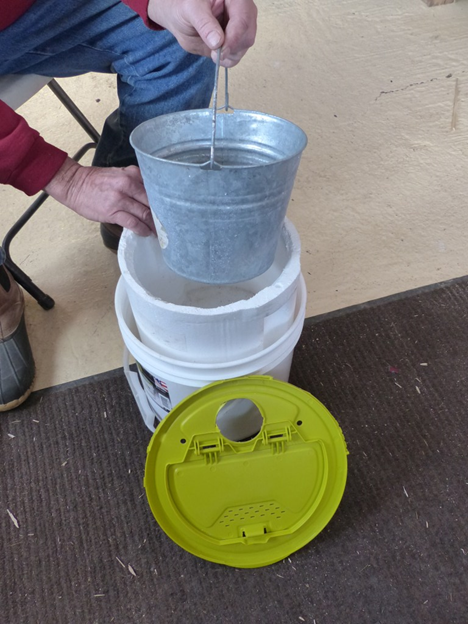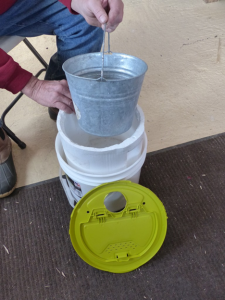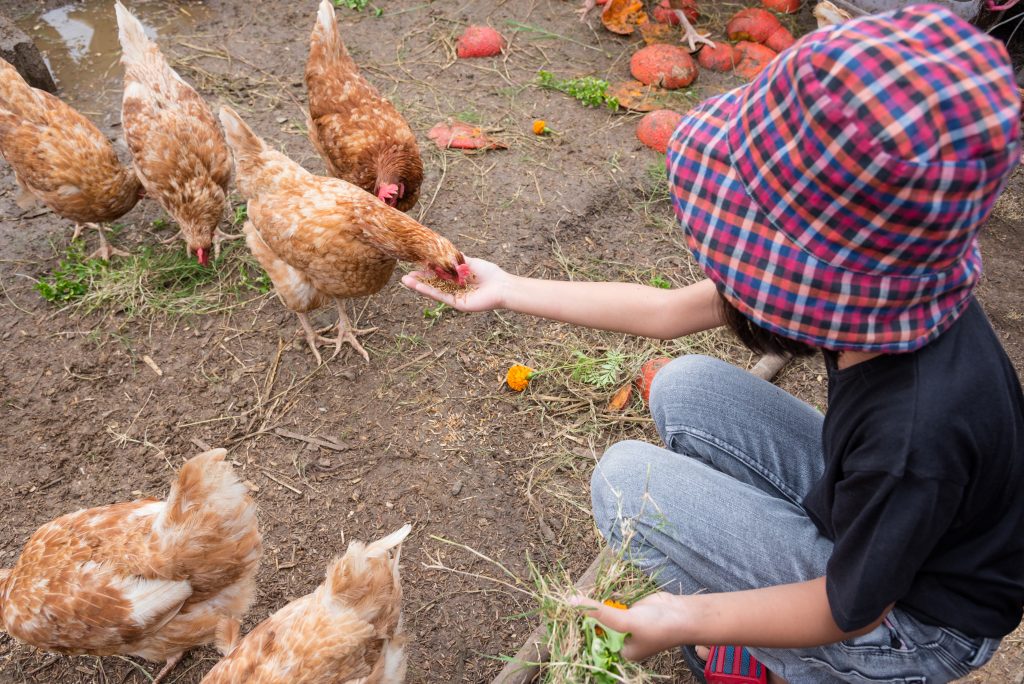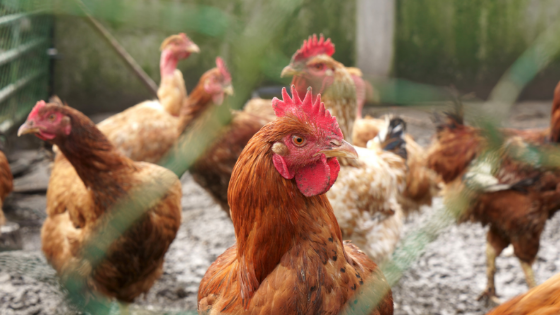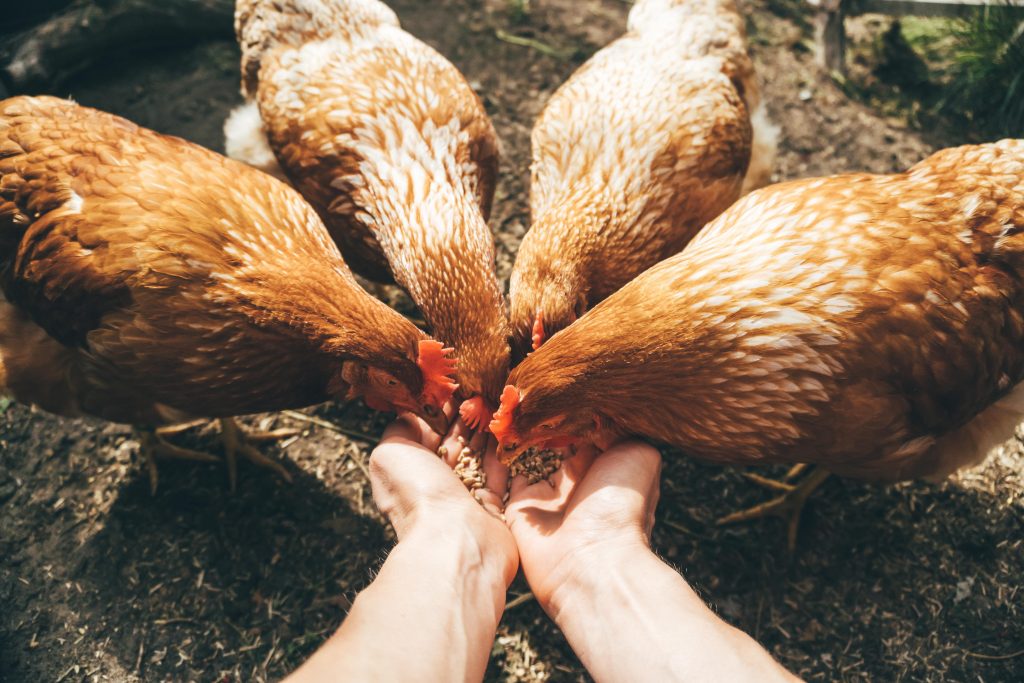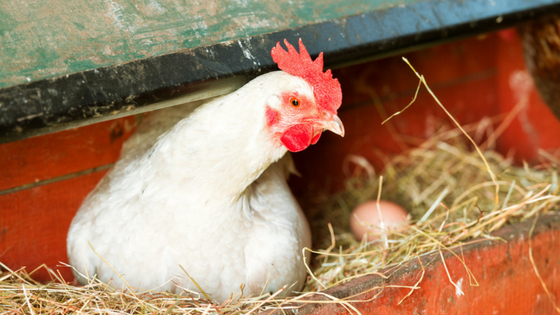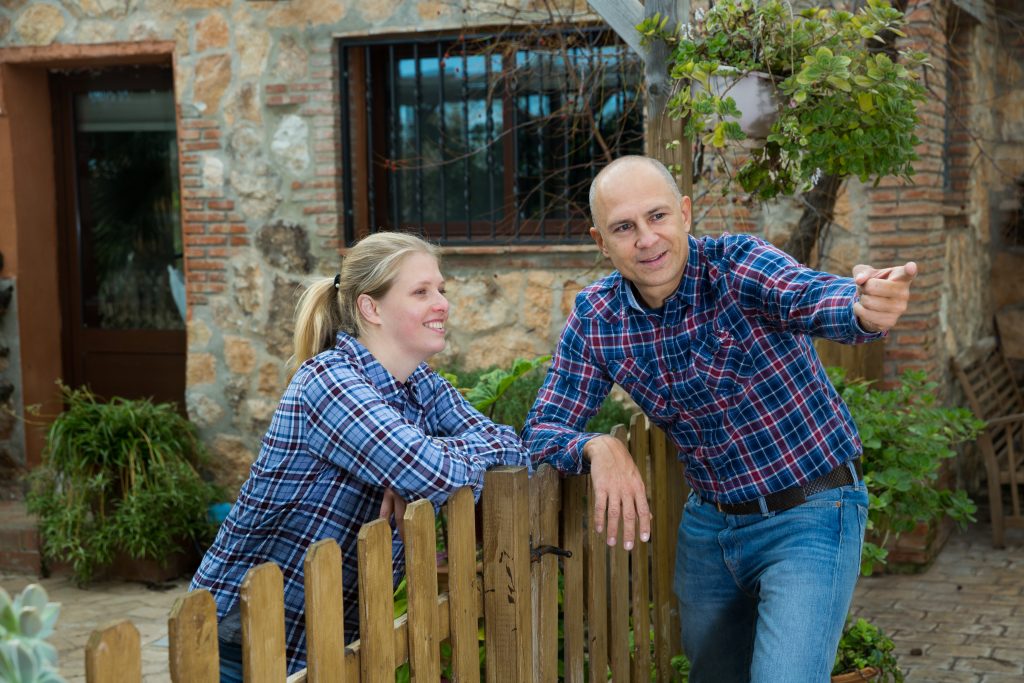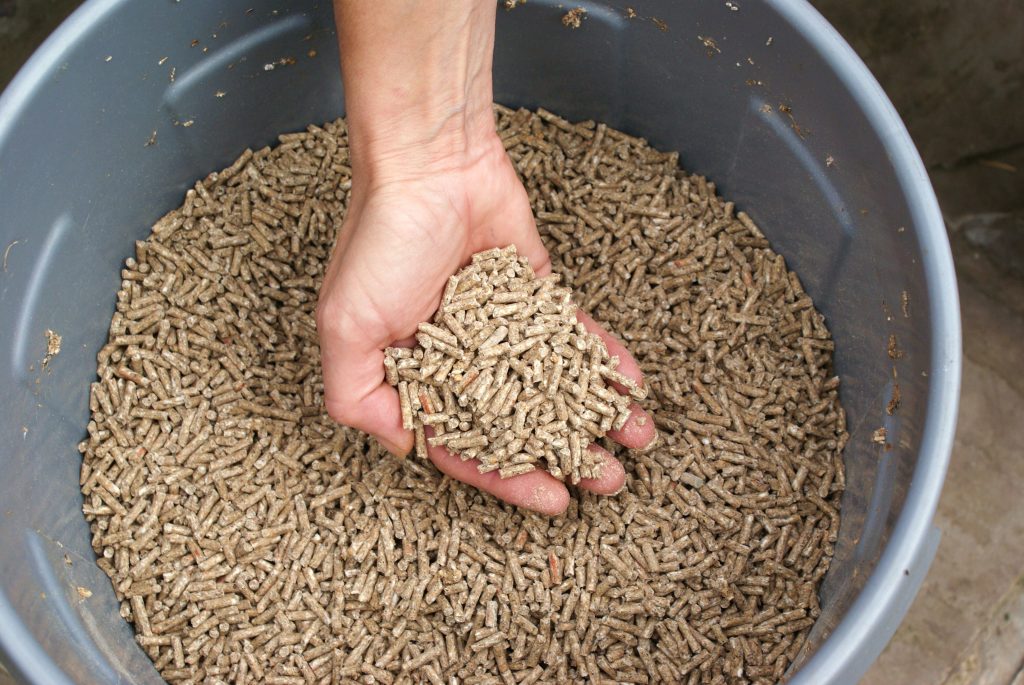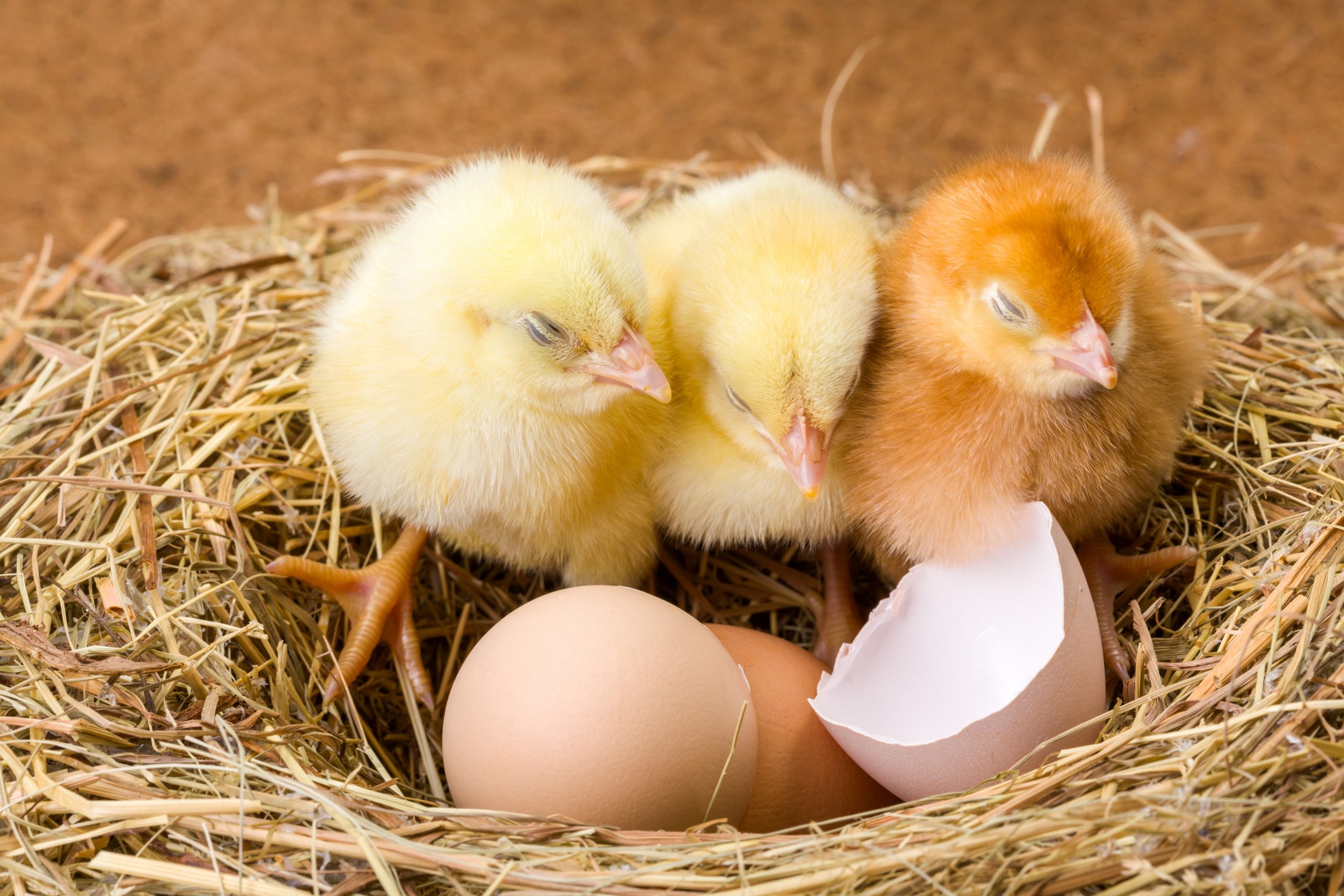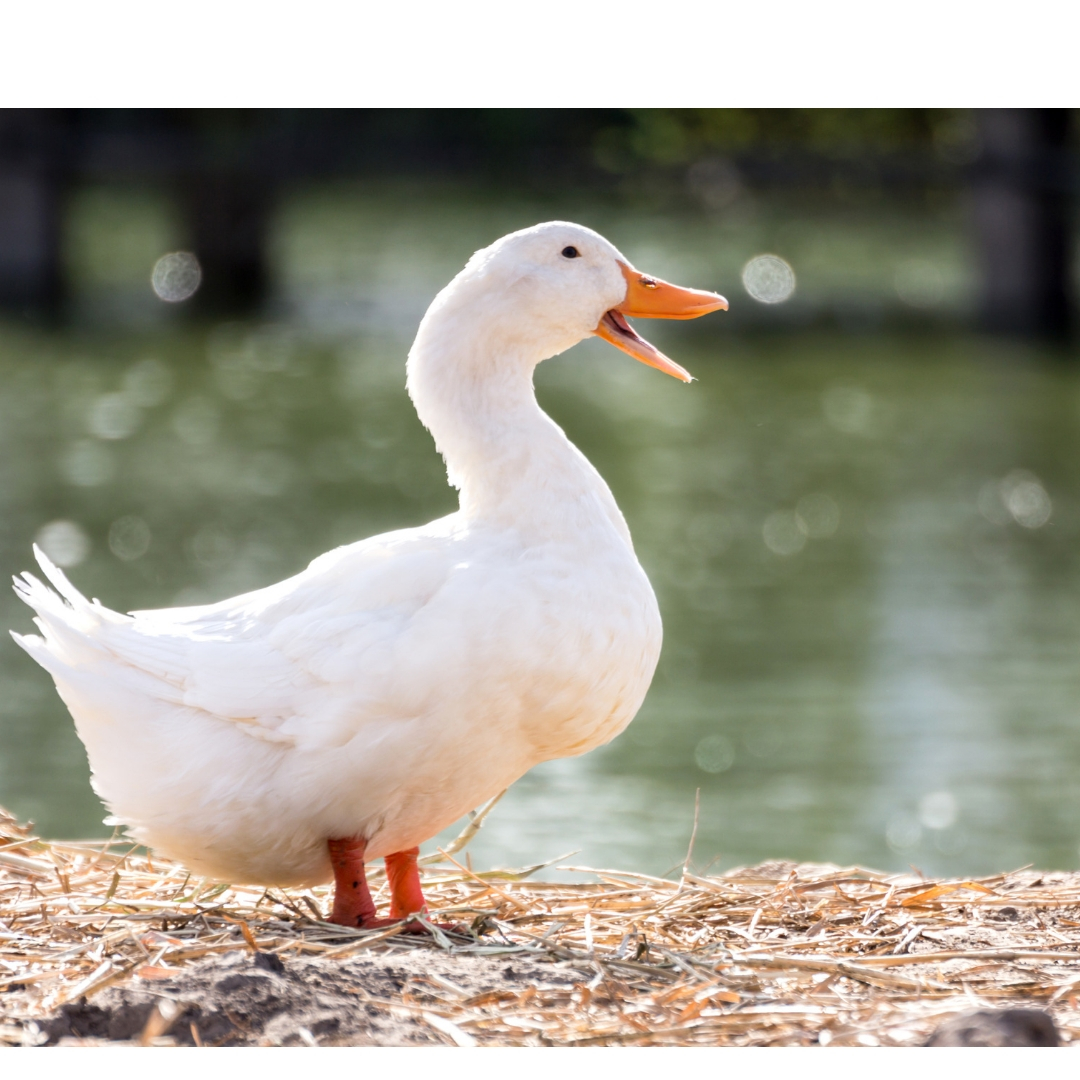Like humans, chickens enjoy sipping cool refreshing water They drink a surprising amount, even in winter, and it’s essential that they always have it available
There’s a problem Winter! When the temperature plunges below freezing water soon becomes ice A chicken’s beak is a versatile organ able to snatch up even the tiniest morsel, but it can’t chip a hole in the ice to get a drink or substitute snow for water Fortunately, there are ways to keep water liquid through the nastiest cold spell
Old Fashioned Bucket Brigade
Buckets are the age-old way to
Showing Our Flocks Some Love
Few backyard experiences are as rewarding as bringing newly laid eggs from the coop’s nest box into the kitchen, but well cared for chickens give their owners more than the makings of a delicious breakfast Hens readily provide hours of amusement with their antics in the coop and run, add a touch of color to the yard from their varied features, and donate droppings to create the world’s best garden fertilizer Here’s how we show our flocks some love…
A flock of chickens deserves respect and kindness in exchange for all they give their owners Expressing appreciation
Chicken Breed Characteristics That Will Love You Back
Late each winter both novice and experienced chicken owners face a dilemma Read the Hoover’s Hatchery catalog or visit our website and every one of a dizzying array of chicken breeds seems perfect Placing the order is challenging It’s tempting to buy a chick of each breed but there’s only enough coop space for a few birds Narrowing choices down to the best breeds to order may be the hardest part of keeping chickens
It is hard to go wrong All breeds excel in one or more valuable characteristics, but it’s important to choose those
Demystifying Chicken Feed
When it comes to food, chickens are just like people Both need a nutritious well-balanced diet to be both healthy and productive
That’s a simple concept but visit a feed store and a customer confronts a dizzying array of feed types There’s starter feed, both medicated and unmedicated, layer feed in crumbles or pellets, feed for molting birds, meat bird feed, organic feed, scratch, and cracked corn Figuring what bag to buy can be confusing
There is a simple solution Read information printed on most feed bags and on the label to decide what’s best to
Coop Spring Cleaning
Spring never seemed to arrive this April throughout the Midwest Waves of snowstorms and cold swept across vast areas of the American heartland, but finally toward the end of the month warmer weather eased in
Warm spring weather means it’s time to do a thorough coop cleaning The tasks are messy and completing them makes the coop a comfortable home for the flock as warm weather arrives and a pleasant place for folks to visit So, don your old clothes, put on work shoes, and slip on gloves and get that coop spruced up
Neighbors, Neighbors, Neighbors
A century ago most Americans lived on farms or in small towns That’s changed
Today’s people either live in suburban neighborhoods or big cities and are far removed from cattle, hogs, and chickens that produce their animal based food
That can be a problem for a family wishing to raise chickens in a small backyard As suburbs grew following the Second World War, many city councils believed that chickens were noisy, smelly, dirty animals that only belong on the farm and not in town They passed ordinances banning them Fortunately, the trend is reversing Ordinances are being
Treats Help Manage A Flock
Anyone who has tried to herd an escaped flock back into the coop quickly discovers that chickens have a mind of their own Some run this way, while others go that way Few un where their owner intends The result is exercise for both humans and chickens and little else
Fortunately, chickens are easy to trick Herding doesn’t work well but tasty lures do Chickens can’t resist a delicious snack No matter where the flock is, as soon as one bird spots treats being served, she’ll cluck and summon her fellow flockmates to the feast
Here’s
Giving Your Chickens A Good Night’s Sleep
Both people and chickens appreciate a good night’s sleep As warm months approach odds are better that humans will be more comfortable after dark than their chickens After all, people live in well-ventilated houses with screened windows to exclude pesky bugs When it really gets hot, they only need to click on the air conditioner
Chickens aren’t so lucky Often, they are forced to try sleeping while swarms of gnats and mosquitos attack them in hot humid air Air conditioning a coop is silly and not needed but simple preparation by owners will help hens enjoy hours
Ducks: The Fun and Productive
In the past few years, families across America have begun tending small flocks of backyard chickens for good reasons They are fun, produce delicious eggs, and are a wonderful way for children to learn where food really comes from Ducks offer the benefits of chickens yet far fewer people keep them
Chickens and ducks have similarities and some major differences Both species were domesticated from wild ancestors thousands of years ago Chickens originated from wild jungle fowl while most domestic ducks trace their ancestry to mallards, a common wild bird across most of the northern hemisphere Over
Chickens and Their Personalities
Most chick catalogs and websites reveal general characteristics of chicken breeds For example, Leghorns and most other white egg breeds are described as being flighty and noisy In contrast most heavy breeds, like Australorps and Wyandottes, are claimed to be quiet, gentle, or tame Some catalogs even go further claiming that certain breeds, often Orpingtons, are friendly
While biologists caution about affixing human personality traits to animals, catalog generalizations of chicken temperament are mostly accurate Light colored, white egg laying breeds are usually nervous, strong flyers that are somewhat difficult
